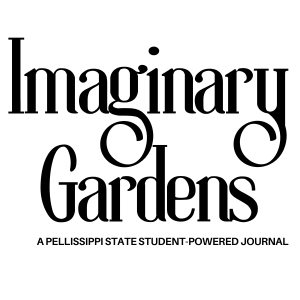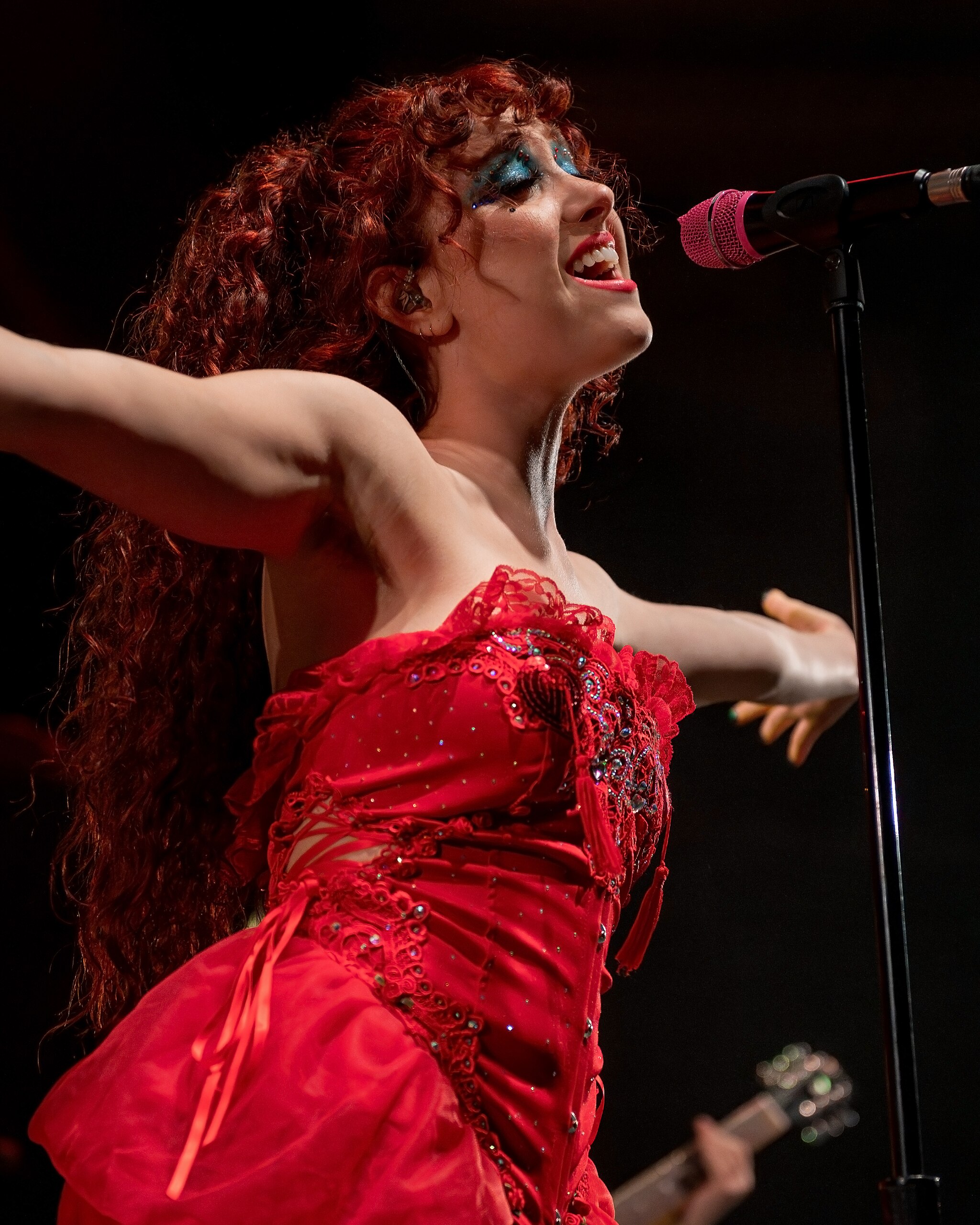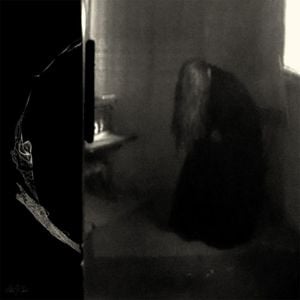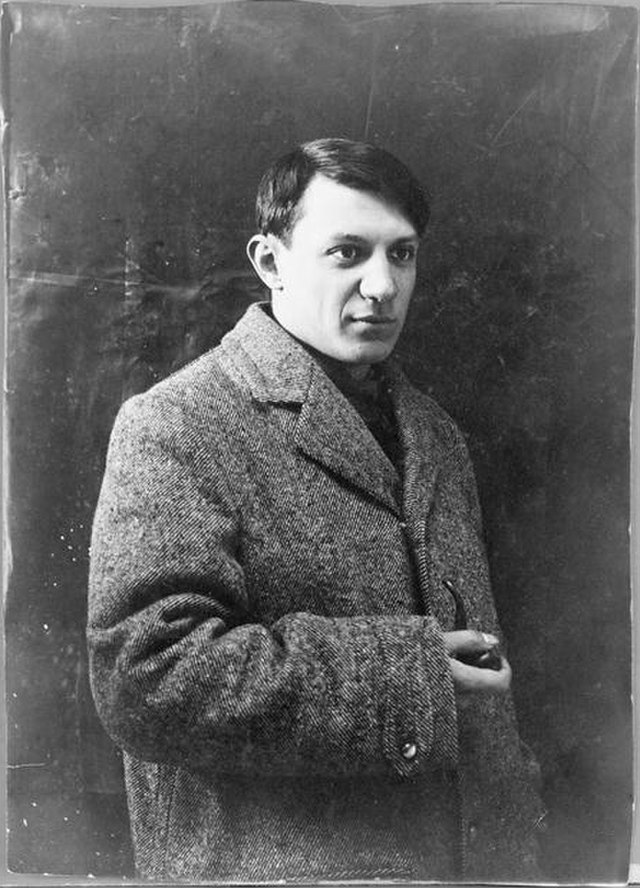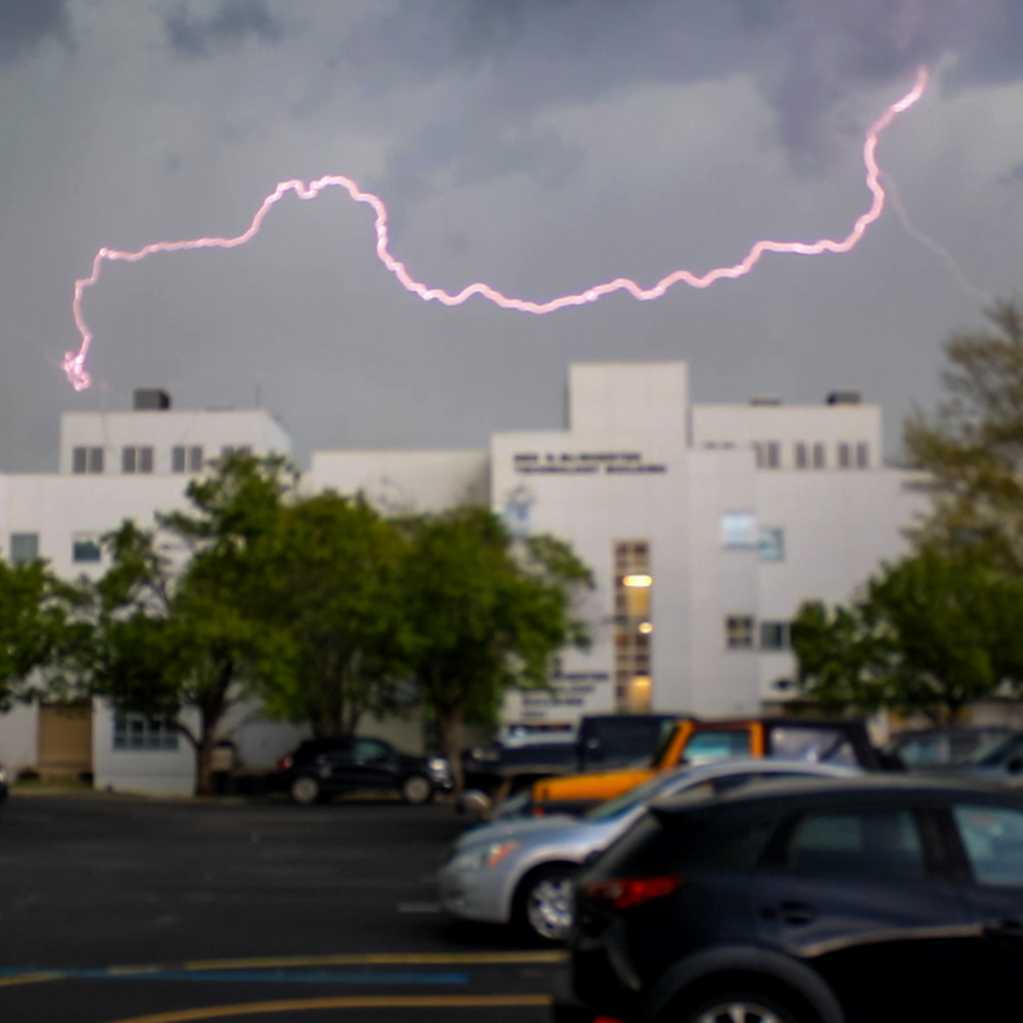By Hayden Ashby, Editor
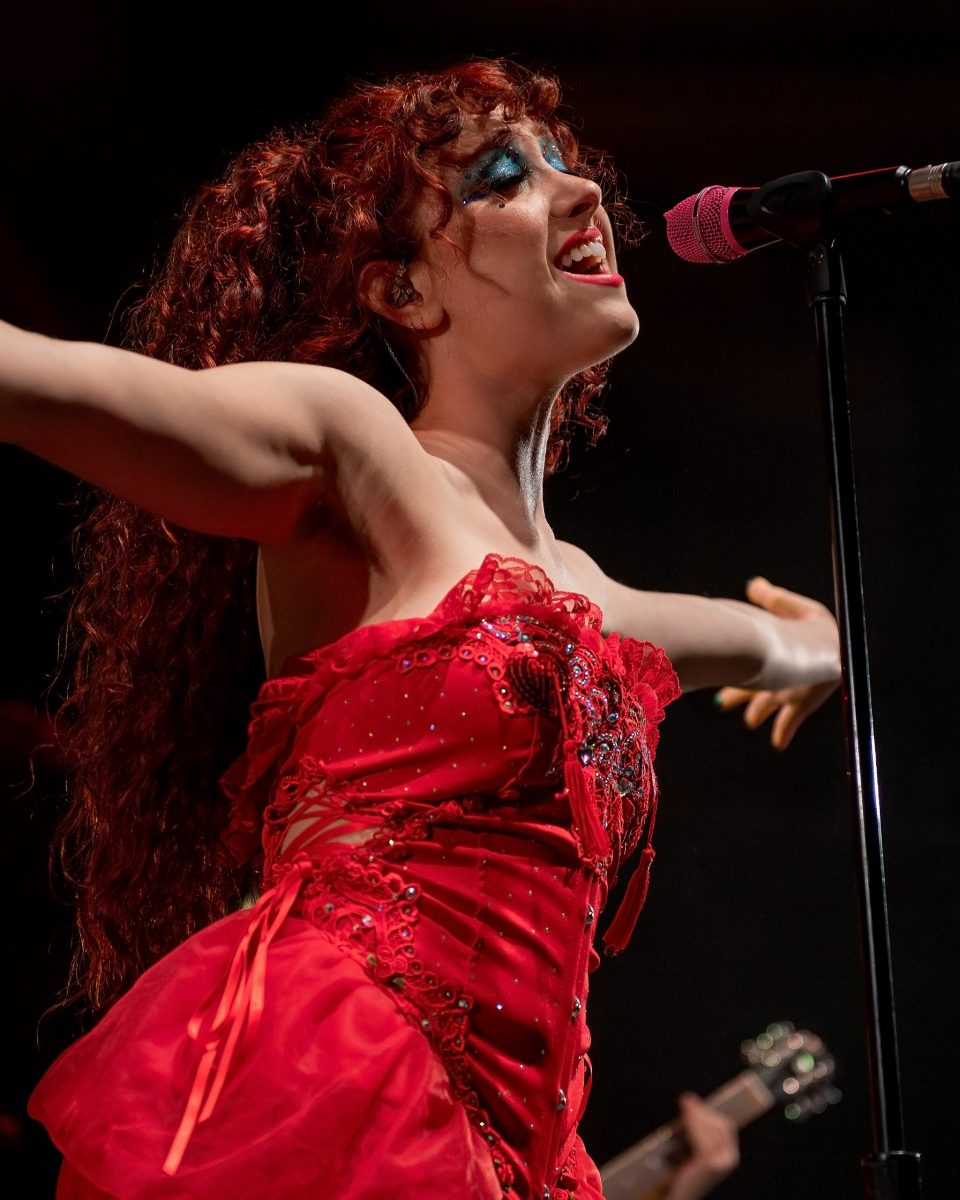
On September 22, 2023, queer icon Chappell Roan released her album The Rise and Fall of a Midwest Princess, which quickly became a hit in 2024 and received three Grammy nominations, ultimately winning Roan the Grammy for “Best New Artist.” Throughout the tracklist, the songs’ themes bounce around from finding love to breaking up and everything in between, following a revolving pattern of energetic anthems, heartbroken ballads, and other apologetically unapologetic songs that show the transition between her conservative upbringing and the extremely empowering life she leads now (and one more at the end questioning if she should have ever gone to California in the first place).
The energetic anthems (“Femininomenon,” “Red Wine Supernova,” “Super Graphic Ultra Modern Girl,” and “HOT TO GO!”) are incredibly catchy and there is a strong chance that they ear-worm every listener. Her heartbroken ballads (“Coffee,” “Casual,” “My Kink Is Karma,” and “Kaleidoscope”), however, display the pain of her toxic breakups and disastrous dating history as well as document her struggles in trying to figure out what love truly is. The rest of the songs on the tracklist (“After Midnight,” “Picture You,” “Pink Pony Club,” “Naked in Manhattan,” “California,” and “Guilty Pleasure”) describe her explorative experiences with women and trying to find a balance between love and lust despite her parents’ disapproval.
In her album, Roan masterfully uses her hypersexual lyrics, varying rhythms and tempos, and over-the-top camp persona to share her personal experiences dealing with breakups while finding and embracing her queerness and sexuality; all of this while simultaneously painting vivid fantasies that the listener can resonate with.
Despite all of the masterful artistry she displays so effortlessly, Roan wasn’t always the superstar we know her to be today. Born Kayleigh Rose Amstutz in the small town of Willard, Missouri, she had a very religious, conservative upbringing, growing up in an environment very different from the one she has now created for herself and others. Being raised in such a traditional household is often a challenge for members of the LGBTQ+ community and can often cause them to exhibit rebellious behaviour and defiance once they have access to explore their own tastes and interests; Roan was certainly no exception.
She shares her sex positive experiences despite her parents’ distaste for her actions in her song “Pink Pony Club,” singing, “Won’t make my mama proud… I know she’s gonna scream / ‘God, what have you done?’” and later responds, “Oh mama / I’m just having fun / On the stage in my heels, it’s where I belong.”
Since Roan is a self proclaimed “Super Graphic Ultra Modern Girl” and a member of Generation Z, it’s no surprise that she is fearless using her explicit yet direct lyrics to describe her lack of sexual fulfillment from men and dreams of wild experiences she had while closeted. In fact, the first song of the album, “Femininomenon”, focuses solely on the fact that she’s never climaxed with a man and has only done so with women. In an interview with Capital Buzz, she states,
“We just kind of obviously made the word up but it was about, like, how it’s a phenomenon if, like, sleeping with a man is better than sleeping with a girl…so I was, like, ‘This is a phenomenon, but it’s also feminine’”
This being the first track definitely set the sexually enlightened tone that is generally found throughout the album. However, this theme takes a quick turn. In the chorus of “Coffee,” Roan sings about her tendency to return to her former lover because she’s not over them, singing, “If I didn’t love you, it would be fine / Meet you for coffee, only for coffee / Nowhere else is safe, every place leads back to your place.” This pattern is repeated again between many songs, as she has episodes of extreme elation that are followed by episodes of hopelessness.
For example, in the sixth track titled “Super Graphic Ultra Modern Girl,” she sings, “At every party, we’re the party, shaking our asses / Making out while the world collapses” and “Walk that walk, flash the camera, flash the camera, flash the camera / You’re a star” , and, in the seventh track titled “HOT-TO-GO!”, she sings, “I don’t want the world, but I’ll take this city / Who can blame a girl? Call me hot, not pretty.” These lyrics present Roan as an incredibly confident woman, but this later changes in the tenth track, “Kaleidoscope,” when she sings, “And love is a kaleidoscope; how it works, I’ll never know / And even all the change, it’s somehow all the same.” This is clearly not the same girl that was going to “take th[e] city” as she is now very vulnerable and heartbroken in explaining that she will never understand how love works.
In addition to the lyrical strength of her songs, Roan’s visual appearance on the album’s cover definitely drives her message home. Although she already stands out with her beautiful auburn hair, she kicks it up a notch with heavy, vibrant-colored eyeshadow, white powder foundation, bright red lipstick, lush eyelashes, and blush, a combination that bears a heavy resemblance to that of drag queens.
In an interview with The Guardian, Roan is quoted as saying that becoming a drag version of herself has allowed her to be “whatever I want.” This drag persona that she has created also helps to set her apart from other pop stars and perfectly fits the intense highs she feels from performing, allowing her to dissociate from her insecurities and traditional childhood to personify extreme confidence in her queerness and sexuality.
Not only has Chappell Roan created an absolute masterpiece of an album by combining her lyricism, instrumentals and drag persona, but, in so doing, has helped others embrace their queerness and become confident and proud in their own skin. Despite the album title, Roan is the “Midwest Princess” on the rise, and it is unlikely that she will fall from her pedestal for a very long time.
